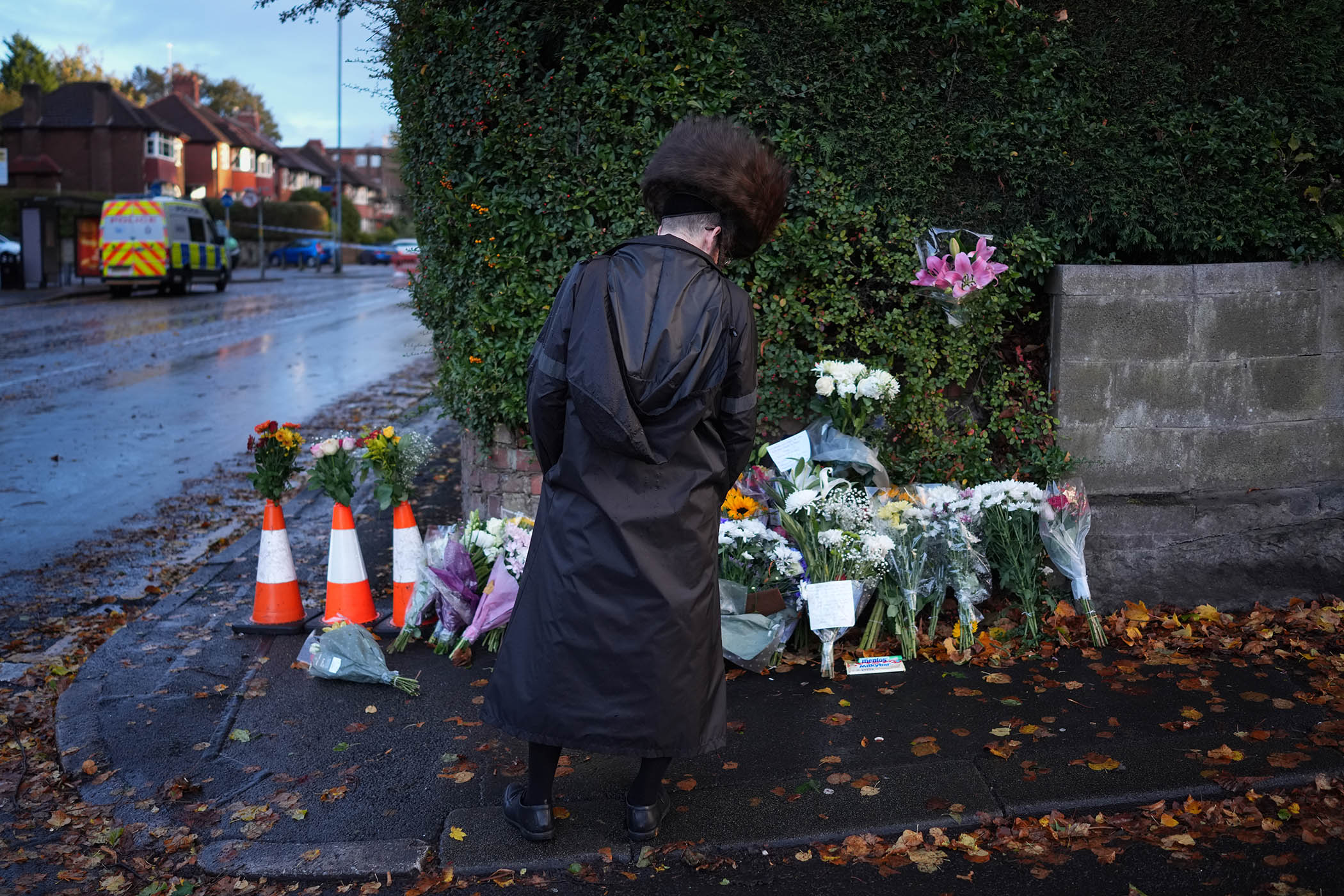
Labour has committed to spend. Now it must show a restive public exactly where the money will go
Over the past few weeks, Labour backbenchers have done a fair impression of a noisy creative writing class. “We need to tell a better story”: a story about what this government exists to do. All around them, the story is being written. There’s war on Europe’s doorstep, democracy is in doubt in the US, and violence breeds violence across the Middle East. For too many, work doesn’t pay; for others, AI is threatening jobs. This is an age of insecurity.
The government’s spending review last week was a deliberate attempt to meet the accelerating questions with solid answers: a tale of priorities and the possibility that government can make a difference. The choices Rachel Reeves, the chancellor, made were big and broadly correct – security, the NHS, next-generation energy – and the sums involved were significant.
Keir Starmer’s government has sensibly judged that it cannot rely on the US for long-term UK security, or wish away the possibility of conflict spilling on to these shores. The strategic defence review’s core argument was the need for resilience at home and a deterrent projected abroad. Both will cost.
The investment in the NHS is long overdue. Patients, doctors and nurses didn’t need Lord Darzi’s review last year to tell them the health service was in “critical condition”. But it helped make the case for a step change in investment and spending. Starmer would do well to bring forward Louise Casey’s review on social care; this government’s willingness, like that of its predecessors, to kick the social care can down the road is a moral failure.
The support for Sizewell C and determination to keep investing in renewables signal a welcome willingness to take on the net zero sceptics. Green energy investment is not a short-term solution to the UK’s absurdly high costs of energy, but climate change is a fact of life. Politicians who wish it away are Canutes. Announcements don’t last, though. Delivery matters. The government has taken on two challenges in committing to invest and spend. One is accountability, the other efficacy.
Too often, government has ignored catastrophic failures. How to make the case for spending on defence to rise to 3%, even 5%, of GDP without telling the public exactly why two new aircraft carriers are running £2.5bn over budget; or why the estimated cost of the planes to go on them has increased four times since 2017, by £1.4bn? The government has committed to appointing a new national armaments director. That person’s big chequebook needs to come with a principled commitment to account for how the money is spent.
The review promised “efficiency”, most significantly in the NHS. There’s been little detail. The government should remember that Elon Musk’s Doge experiment had huge support. No wonder Reform UK is making zany copycat promises. The public is increasingly convinced government cannot deliver.
That challenge is implicitly taken up by Starmer and Reeves: by committing to spend, their job is to show the money works. If the populist right wants to take a chainsaw to government and the civil service, the task of progressive politics that believes in the state is to demonstrate that the money is effectively spent.
The evidence on the doorstep is that waste is seen as endemic. Politicians may not think that, but people do. The age of insecurity is compounded by the feeling nothing gets done. The failure to fix small things is part of what’s causing the social contract to start “fraying at the edges”. The prerequisite to getting buy-in for a huge uplift in defence spending and the NHS may be to make the roads better: small steps to get permission for something much bigger. The humble pothole and the future of democracy may have more in common than we thought.



